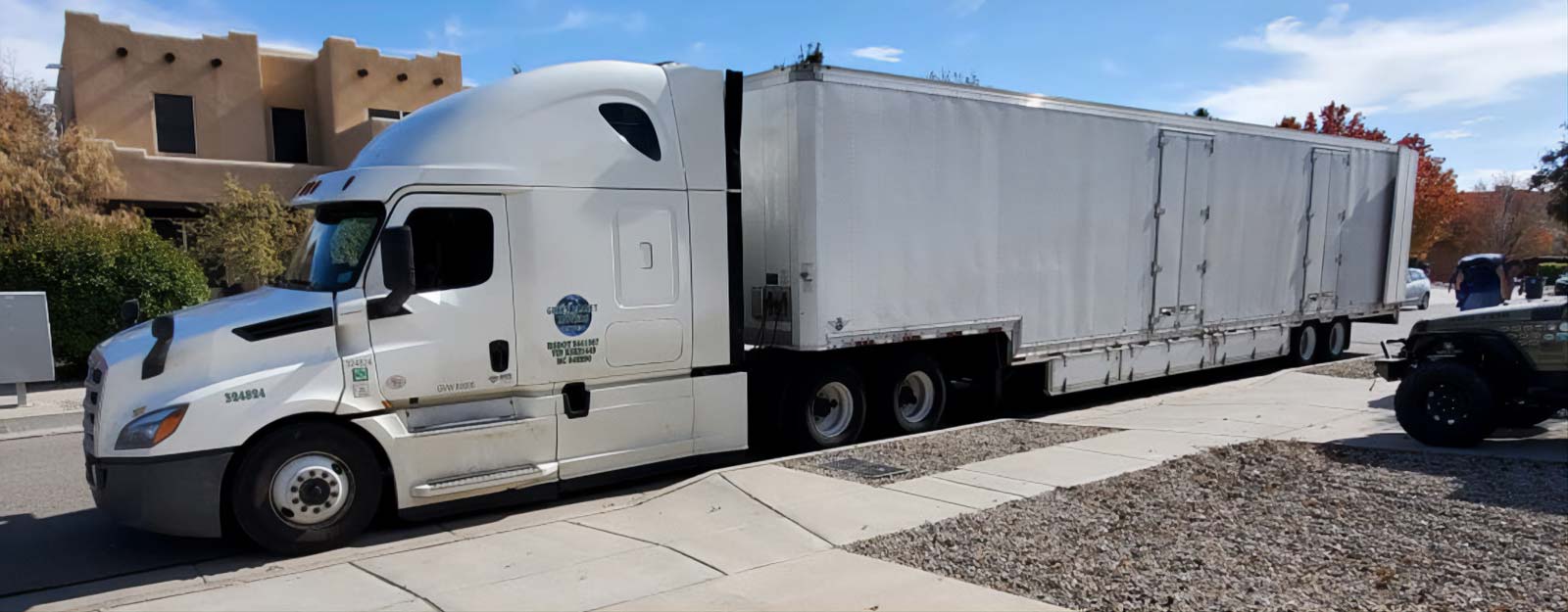Whether you’re moving for family reasons, understanding the process can save you time, money, and headaches.
This article offers a unique look at how to handle long-distance moving effectively.
Stay with us to discover what affects the cost of interstate moving.
Understanding the Scope of Interstate Moving
This means only certified and insured companies can legally handle your goods interstate.
For example, some states have agricultural checks, item bans, or specific rules on transporting vehicles.
Most importantly, the logistics are more complex: possible weather impacts come into play.
Finding the Perfect Cross-State Moving Partner
Selecting the right interstate moving company is crucial for a successful relocation. Start by checking for proper licenses and insurance—legitimate companies must have a USDOT number issued by the Department of Transportation.
Request detailed quotes from at least three companies.
Trust your instincts: if something feels off or too good to be true, it probably is.
Understanding Interstate Moving Price Calculations
Another key factor is the weight or volume of your shipment; heavy or bulky loads increase both transport and handling fees.
If you request professional packing, furniture disassembly, custom crating for delicate items, or temporary storage, these all add to the base price.
For example, if your home requires movers to carry boxes up multiple flights of stairs, or if truck access is limited by narrow roads or urban restrictions, extra fees may apply.

Step-by-Step Guide to Organizing a Long-Distance Move
Proper planning is the foundation of a successful interstate move. Start by creating a timeline—ideally 8–12 weeks before your move date.
Create a detailed list of what you’re moving, noting valuable or fragile items.
This ensures you’re comfortable and organized even if your shipment is delayed or you need time to unpack.
Comparing Different Interstate Moving Services
Full-service movers handle everything, from packing to unpacking, ideal for busy professionals or large families.
Container services (like PODS) offer flexibility: you load the container yourself, and the company transports it across state lines.
Understanding your specific needs ensures you select informacoes a mais the best option for a smooth and cost-effective interstate relocation.

Common Mistakes to Avoid in Interstate Moving
Booking early not only secures better pricing but also gives you time to research and prepare properly.
Hiring unlicensed companies or falling for low-ball quotes can lead to scams, damaged goods, or lost belongings.
Invest in proper materials, label every box, and consider letting professionals handle specialty or high-value items to avoid costly mistakes.
Budget-Friendly Strategies for Interstate Relocation
Every extra pound adds to the total bill, so sell, donate, or recycle items you no longer need.
Some movers offer price matching, discounts for flexible dates, or savings for booking during off-peak seasons.
Pack non-fragile items, disassemble simple furniture, or transport valuables in your own vehicle.
Wrapping Up Your Interstate Moving Journey
Whether you’re relocating a small apartment or a full household, understanding the process empowers you to make informed decisions.
Remember: the best moving experience combines preparation, trusted professionals, and flexibility to handle surprises.
Best of luck on your journey to a new home!
FAQ About Interstate Moving
How can I save money on an interstate move?
Comparing multiple quotes and moving during off-peak seasons also helps lower costs.
How early should I book an interstate moving company?
It’s best to book movers at least 6–8 weeks in advance, especially during busy seasons.
Are there things I can’t include in an interstate move?
Properly disposing or transporting restricted items yourself avoids legal and safety issues.
How is interstate moving insurance calculated?
You can purchase full-value protection for higher-value items or third-party insurance for extra peace of mind.
Do movers provide tracking for long-distance relocations?
Staying informed reduces anxiety and helps you plan for delivery day.